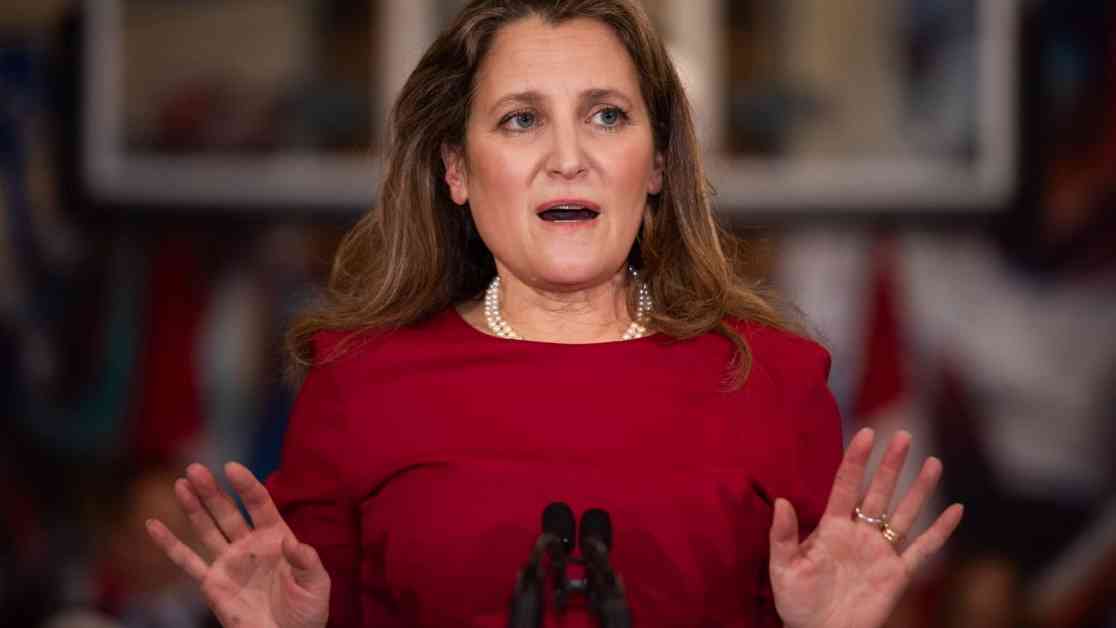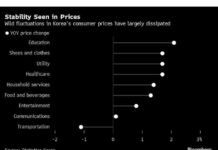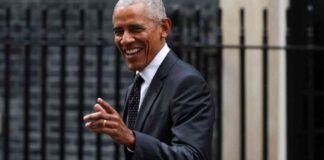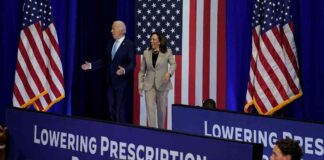In a recent development, Canada has been urged to impose tariffs on Elon Musk’s Tesla vehicles in response to actions taken by former President Trump. This move has sparked a debate among industry experts and policymakers, raising questions about the potential impact on the electric vehicle market and international trade relations. Let’s delve deeper into the details of this controversial proposal and its implications for the automotive industry.
Challenges in the Electric Vehicle Market
The electric vehicle market has been rapidly growing in recent years, with companies like Tesla leading the way in innovation and sustainability. However, the industry has also faced challenges in terms of competition, government regulations, and supply chain disruptions. The proposal to impose tariffs on Tesla vehicles in Canada adds another layer of complexity to this evolving landscape.
Industry experts warn that such tariffs could have far-reaching consequences, affecting not only Tesla’s sales in Canada but also the broader electric vehicle market. These tariffs could potentially drive up prices for consumers, making it more difficult for them to access environmentally friendly transportation options. Additionally, they could impact Tesla’s production and distribution channels, leading to disruptions in the supply chain.
Implications for International Trade Relations
The proposal to impose tariffs on Tesla vehicles in Canada is not just a domestic issue—it also has implications for international trade relations. As countries around the world strive to reduce carbon emissions and transition to a more sustainable future, the electric vehicle market has become a focal point for collaboration and competition.
By imposing tariffs on Tesla vehicles, Canada could be sending a signal to the international community about its stance on environmental policy and trade relations. This move could potentially strain diplomatic ties with the United States, where Tesla is headquartered, and impact future negotiations on trade agreements and climate change initiatives.
Expert Insights and Recommendations
Industry experts and policymakers are divided on the issue of imposing tariffs on Tesla vehicles in Canada. Some argue that such tariffs are necessary to protect domestic manufacturers and promote fair competition in the electric vehicle market. Others believe that tariffs could hinder the growth of the industry and undermine efforts to combat climate change.
In light of these differing perspectives, it is crucial for policymakers to carefully consider the potential implications of imposing tariffs on Tesla vehicles. They must weigh the short-term economic benefits against the long-term environmental impact and international relations consequences. Finding a balance between these competing interests will be essential in shaping the future of the electric vehicle market.
As the debate continues to unfold, stakeholders from all sectors will be closely watching to see how Canada responds to the proposal to impose tariffs on Musk’s Teslas. The outcome of this decision could have far-reaching implications for the automotive industry, international trade relations, and the fight against climate change. It remains to be seen how this contentious issue will ultimately be resolved, and what impact it will have on the future of sustainable transportation.






















